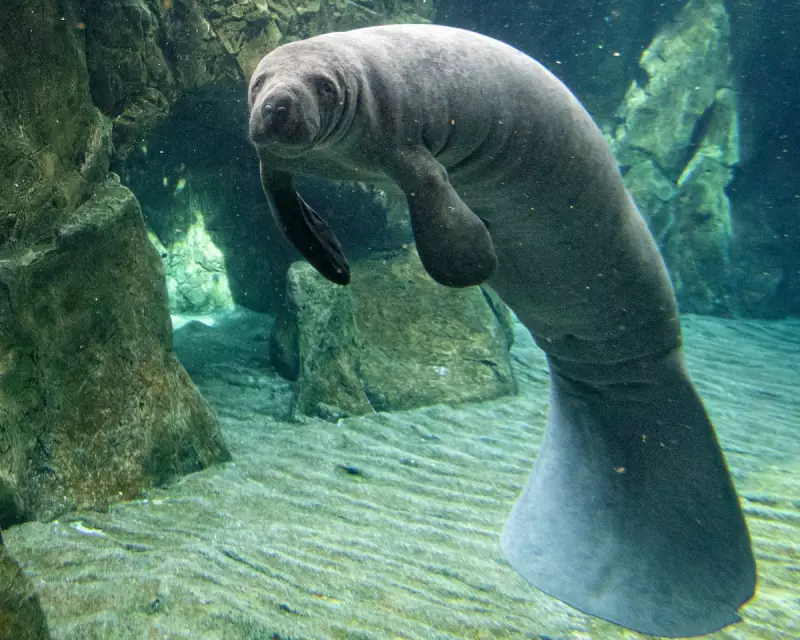
In her breathtaking new novel Beasts of the Sea, Finnish author Iida Turpeinen casts a literary spell that resurrects one of history's most tragic marine creatures from the depths of extinction. This hypnotic tale breathes life into the long-lost Steller's sea cow, creating what critics are calling an essential ecological lament for our times.
A Ghost from the Icy Depths
Turpeinen masterfully reconstructs the brief, brutal encounter between humanity and the gentle sea cow species that once thrived in the Bering Sea. Through stunning prose that captures both the beauty of marine life and the tragedy of its destruction, the novel serves as both historical fiction and urgent environmental warning.
The Human Cost of Extinction
What sets Beasts of the Sea apart is its profound exploration of the human dimension behind the ecological catastrophe. Turpeinen doesn't merely document the sea cow's extinction; she immerses readers in the lives of those who witnessed both its discovery and its rapid disappearance.
The novel's power lies in its ability to make readers feel the weight of this loss personally. Through vivid descriptions of the sea cows' gentle nature and their crucial role in their ecosystem, Turpeinen creates an emotional connection that transforms historical fact into visceral experience.
A Mirror to Modern Environmental Crises
While set in the 18th century, Beasts of the Sea speaks directly to contemporary concerns about biodiversity loss and climate change. The novel serves as a powerful reminder that the patterns of exploitation that doomed the sea cow continue to threaten marine ecosystems today.
Turpeinen's work joins a growing body of climate fiction that uses historical ecological disasters to illuminate current environmental challenges. Her lyrical prose and deep research create a narrative that is both specific to its historical moment and universally relevant to our planetary crisis.
A Literary Achievement
Critics have praised the novel's ability to balance factual accuracy with creative storytelling. The Guardian's review highlights Turpeinen's "hypnotic" narrative style and her success in making readers care deeply about a creature most have never encountered.
Beasts of the Sea stands as a significant contribution to both literary fiction and environmental literature, offering readers not just a story about the past, but a crucial perspective on our relationship with the natural world today.





